 |
| Tax officers from Tax Department 6, Thai Nguyen Province Tax guide business households in Bac Kan ward to register and declare. Photo: TL |
For decades, lump-sum tax has been a management tool that fits with accounting standards and traditional business practices. Setting a fixed revenue and tax amount for the entire year simplifies procedures and reduces costs for both tax authorities and taxpayers. Thanks to this convenience, millions of small businesses have been brought under management.
However, the simplicity itself creates increasingly large inadequacies as the economy moves towards a modern and digital model. The gap between the actual revenue of many business households, especially those doing well, and the contracted revenue is widening. This causes unfairness to businesses that must strictly comply with accounting regimes and causes budget losses. Subjectivity in revenue determination also creates loopholes for non-transparent behavior, reducing trust in tax administration.
Switching to a self-declaration mechanism based on actual revenue is a step in line with the trend of modernizing tax administration. The nature of this change is to transfer rights and responsibilities to taxpayers. Business owners must prove their income and take responsibility for the tax they pay. This approach creates a fairer playing field, ensuring the principle of "where income comes, there are obligations".
In the long run, this is the driving force for business households to improve their professionalism and manage their books and invoices more systematically. With a good management foundation, they have the conditions to develop sustainably and gradually transform into micro-enterprises. The tax sector also has more authentic data on the scale of the individual economic sector, serving effectively for macro management and policy making.
The biggest challenge in implementing self-declaration is not technical but psychological. Millions of businesses that have become accustomed to the simplicity of lump-sum tax will face the requirement to keep complete records, store and present electronic invoices.
This is a shift from “guessing” to data-driven management, which requires a change in mindset. Therefore, this process needs to be accompanied by specific guidance and technology support so that taxpayers do not feel “overwhelmed” and at the same time create a more favorable compliance environment.
The abolition of the lump-sum tax from 2026 is therefore historic. This decision demonstrates the determination to build a more modern and transparent tax system.
Initial disruptions are inevitable, but if accompanied by a clear roadmap, appropriate technology support and training, the change will create a fundamental shift in tax administration and the operations of millions of business households. This new order, when operating stably, will contribute to strengthening the foundation for sustainable growth and development of the economy.
Source: https://baothainguyen.vn/kinh-te/202511/bo-thue-khoan-tao-cong-bang-4254346/
















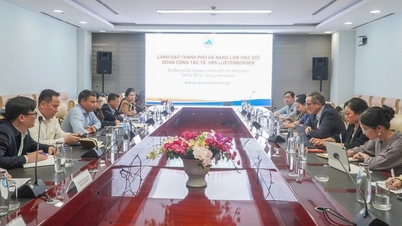



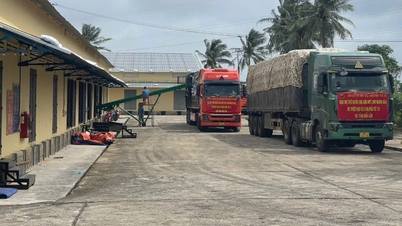














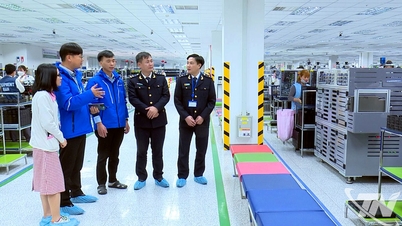


![[Photo] General Secretary To Lam receives President of the Senate of the Czech Republic Milos Vystrcil](/_next/image?url=https%3A%2F%2Fvphoto.vietnam.vn%2Fthumb%2F1200x675%2Fvietnam%2Fresource%2FIMAGE%2F2025%2F11%2F21%2F1763723946294_ndo_br_1-8401-jpg.webp&w=3840&q=75)










































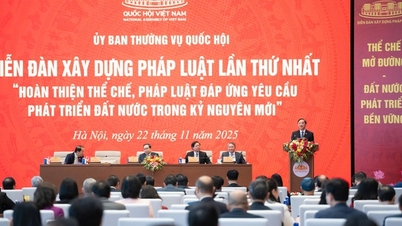


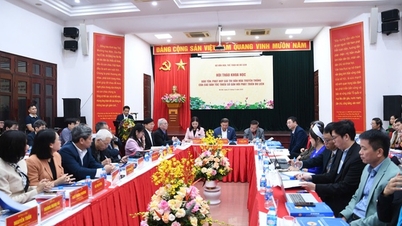





























Comment (0)